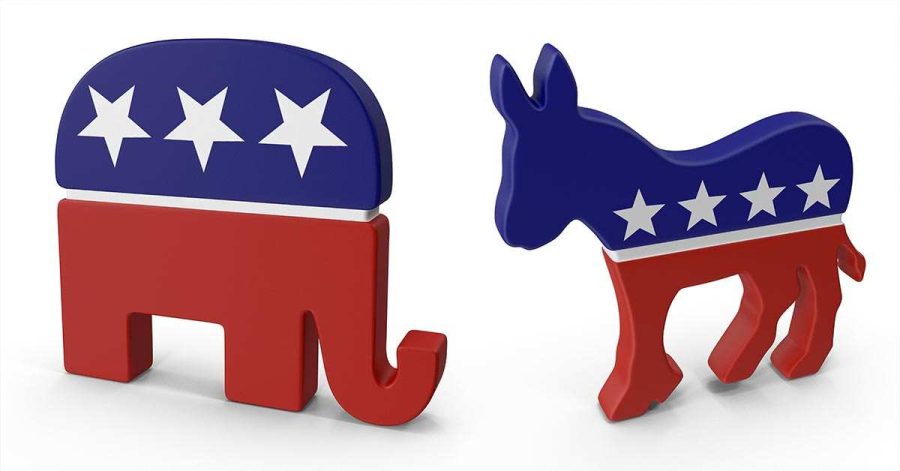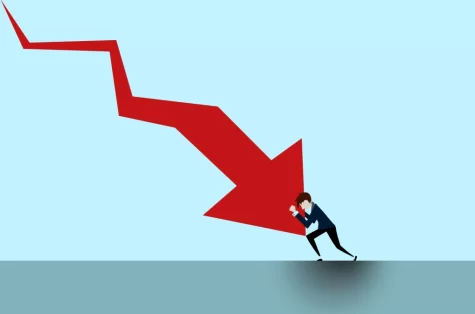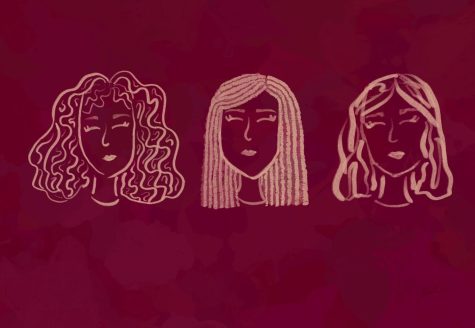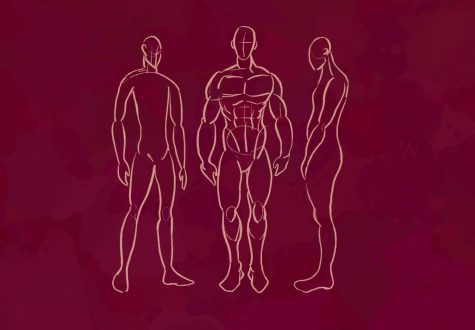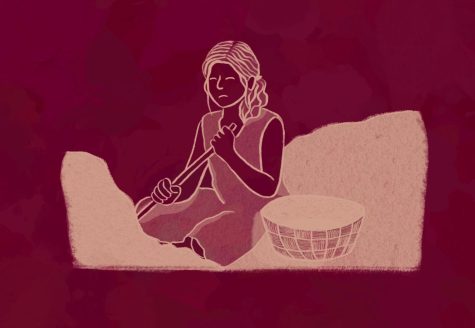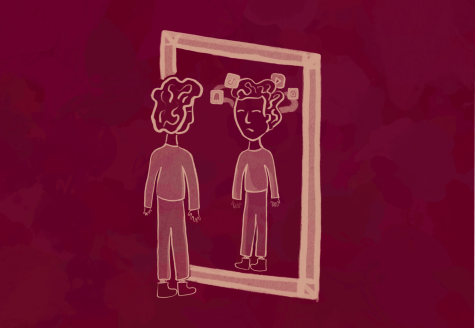The state of US politics
Nowadays it is hard to keep track of everything that goes on in the world of American politics—from landmark Supreme Court decisions, to the state of the Democratic and Republican parties. Because of this, there is an ever present feeling of confusion in mainstream American politics.
On June 24, 2022, the Supreme Court repealed the constitutional right to abortion in Dobbs v. Jackson (the Dobbs case), months after a memo had been leaked hinting at the future of this legislation; Roe v. Wade’s precedent no longer stood. While California Gov. Gavin Newsom announced that he would effectively protect abortion rights in California, this decision still deals a significant blow to women’s fundamental rights to privacy and individuality. While Dobbs v. Jackson may not place an outright ban on abortion, this gives the constitutional right for many Republican governors to ban abortions in their respective states, as the protection of Roe v. Wade is no longer present. Correspondingly so, health care for women in these states will continue to worsen, making the pregnancy process more dangerous, as women will lose the ability to get an abortion in many more states. According to CBS News, on Sep. 16, 2022, West Virginia Gov. Jim Justice signed a near-total ban on abortion into the state’s law.
Dobbs v. Jackson is a big win for increasing government control over individual privacy. Unbeknownst to many Americans, the effects of this are not limited to women, and the Supreme Court will likely use this decision as precedent in future cases to further curb individualistic rights, regardless of gender. This decision applies to all of us.
Onto immigration, it is arguably the defining split between Republicans and Democrats. I believe immigration is much more beneficial than it is harmful, as it has no adverse effects. To support this, I shift the discussion to the Mariel Boatlift. In short, the Mariel Boatlift was when 125,000 low-skilled Cubans were finally allowed to leave Cuba, as the United States and Fidel Casto had reached an agreement. The influx of Cuban immigrants into Miami provided economists with the perfect natural experiment. In correspondence to this, in 1990, David Card’s highly influential study found that immigration had no significant effect on the wages or employment of native workers. The reasoning behind this, in my opinion, is that immigrants and native workers complement each other, so we would expect to see native workers benefit from an influx of immigrants, as studies have found that immigrants take jobs that many natives will not do. Despite the wealth of research, in 2015, Harvard Economist Jorge George Borjas found the opposite: Cuban immigrants caused a slight change in the employment of native Cuban workers. His finding was not only significantly specific, but there were also notable problems with how he spliced his data. In short, his process had a lot of room for improvement. It can be reasonably explained that Republicans’ stance on immigration is either predicated on xenophobia or is an attempt to win the middle-class white vote, which has been critical in many preceding elections.
I will now argue against a Democratic ideal: increased minimum wages. This topic is much more nuanced than the previous, as economists have found no definitive answer to this issue. So, I will present the evidence while including a lot more of my opinion. First, higher minimum wage can cause employment rates to improve, if the increase is small in magnitude, reasonable and the market is a monopsony. For California, more specifically the Bay Area, considering the high house prices, increasing the minimum wage to 18 dollars an hour would be beneficial, as, according to economic theory, monopsonies would hire more workers and would have to pay more, allowing for more employment opportunities. However, if Montana’s minimum wage increased to 15 dollars, that would be disastrous. I would expect a squeeze on employment; thus, people who would have worked would no longer be able to, as companies do not value them enough to pay the 15 dollars. Also, payroll costs will increase as companies would have to pay workers who used to earn more than the minimum wage even more so that they do not feel disvalued. While my answer on minimum wage is that “it depends,” I heavily oppose a national minimum wage for the reasons listed above. Since labor market dynamics vary distinctively based on the state and county level, it would be a horrible decision to impose a unifying national minimum wage. The decision should be left to city governments to make.
Most policies have more nuance than many politicians are willing to admit, whether that be because they are genuinely inept, or due to appealing to specific demographics. Whatever it may be, U.S. politics has strayed away from facts, instead choosing passionate bias, all in an effort to win in the midterms or win the everso unjust popularity contest that is the electoral college.



